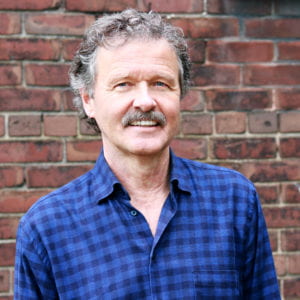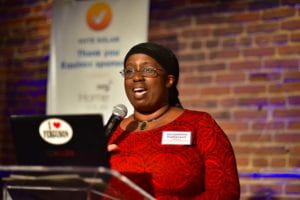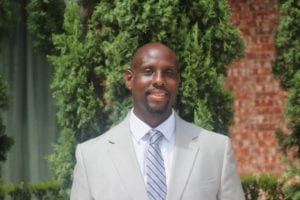To celebrate the founding of the Initiative for Critical Disaster Studies, we have invited three thinkers, organizers, and activists to share their New Ideas in Climate Change and Critical Disaster Studies. Please join us for three lectures.
February 26, 12:30 Eastern time
“Building the Bridge to Recovery: How Workers Can Lead on Climate Justice”
John Cartwright, president of the Toronto and York Region Labour Council

Too often, workers and their communities bear the brunt of the displacement, dislocation, and danger that come from climate change. As the world necessarily moves from a carbon economy, how can workers make sure their voices are heard and their needs are met? Transition is assured – but justice is not. How do we organize and plan for a just transition from carbon? Join us for the first public event of the Initiative for Critical Disaster Studies at NYU Gallatin for a lecture on how workers can lead on climate justice. Jacob Remes, Director of the Initiative for Critical Disaster Studies, will introduce carpenter John Cartwright, president of the 220,000-member Toronto and York Region Labour Council, and a leader in the conversation about climate change and just transition.
For more information, click here.
To RSVP, please see the event page.
March 26, 12:30 Eastern time
Jacqueline Patterson, senior director of the NAACP Environmental and Climate Justice Program
 For the second in the New Ideas in Critical Disaster Studies and Climate Change Series, join us for a lecture from Jacqueline Patterson, the Director of the NAACP Environmental and Climate Justice Program, with a discussion of disaster, climate change, and environmental justice. Patterson, the senior director of the NAACP Environmental and Climate Justice Program, is also the coordinator and co-founder of Women of Color United. She has worked as a researcher, program manager, coordinator, advocate and activist working on women’s rights, violence against women, HIV/AIDS, racial justice, economic justice, and environmental and climate justice. She has written many articles, reports, and book chapters on climate justice, climate change as a Civil Rights issue, the gendered and racial dimensions of disaster, and civil and human rights challenges in the context of emergency events.
For the second in the New Ideas in Critical Disaster Studies and Climate Change Series, join us for a lecture from Jacqueline Patterson, the Director of the NAACP Environmental and Climate Justice Program, with a discussion of disaster, climate change, and environmental justice. Patterson, the senior director of the NAACP Environmental and Climate Justice Program, is also the coordinator and co-founder of Women of Color United. She has worked as a researcher, program manager, coordinator, advocate and activist working on women’s rights, violence against women, HIV/AIDS, racial justice, economic justice, and environmental and climate justice. She has written many articles, reports, and book chapters on climate justice, climate change as a Civil Rights issue, the gendered and racial dimensions of disaster, and civil and human rights challenges in the context of emergency events.
To RSVP, please see the event page.
April 16, 12:30 Eastern time
“The 1927 Mississippi Flood and the American Century”
Richard Mizelle, associate professor of history, University of Houston

To RSVP, please see the event page.

